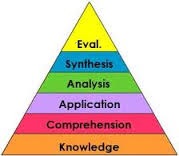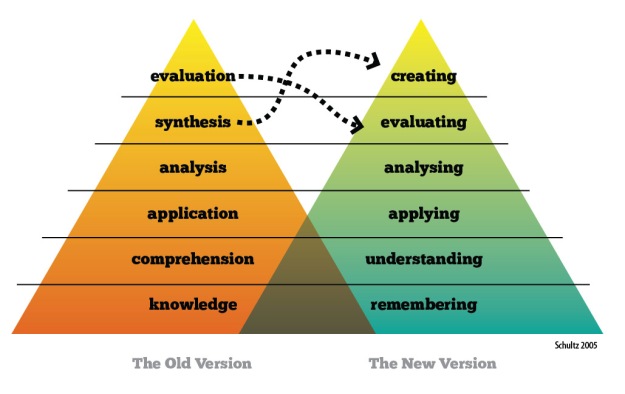It is late on a Sunday and I am feeling in quite the mood. I am going to use this blog as a #rantchat. I first saw Manan Shah (@shahlock) use this hashtag before on twitter. Here goes my rant:
If you do not participate in a group of Voxer, Twitter, or Facebook do not promote your stuff in that group. It’s super annoying to see people who never do anything in a group drop a link to their blog, their project, or some other work that they want help or input with. STOP! No one wants to live on a one-way street. To be honest I don’t care about your project if you aren’t lifting the profession up as a whole.
The Voxer groups I moderate and participate in are wonderful. People share what they want when they want. People may go weeks or months without participating; however, when they do it’s not to drop a link to some personal project that only lifts them up. They chime in with thoughts, feeling, or sources for information. Then when the time comes they can ask for help from the group.
Dropping your link to a blog or site during a Twitter chat you’re not even participating is the worst!! How selfish can you be? People are actually connecting to get better and all you are doing is wasting their time. STOP!
There is no formal timeline or number of participations that you need to accomplish before you self-promote. Just be an active member of the groups you promote in. We are not your guinea pigs waiting to give more of our time so you can accomplish something.
End #rantchat
Q1: What rant do you have about your social media experience?
Q2: What advice would you give new collaborators about chat etiquette?
Q3: How do you define participation, collaboration, and self-promotion?
Q4: What action would cause you to withdraw from participating in a chat?
Q5: How can you help shift the tone of a collaborative space away from an individual to focus on group growth?


